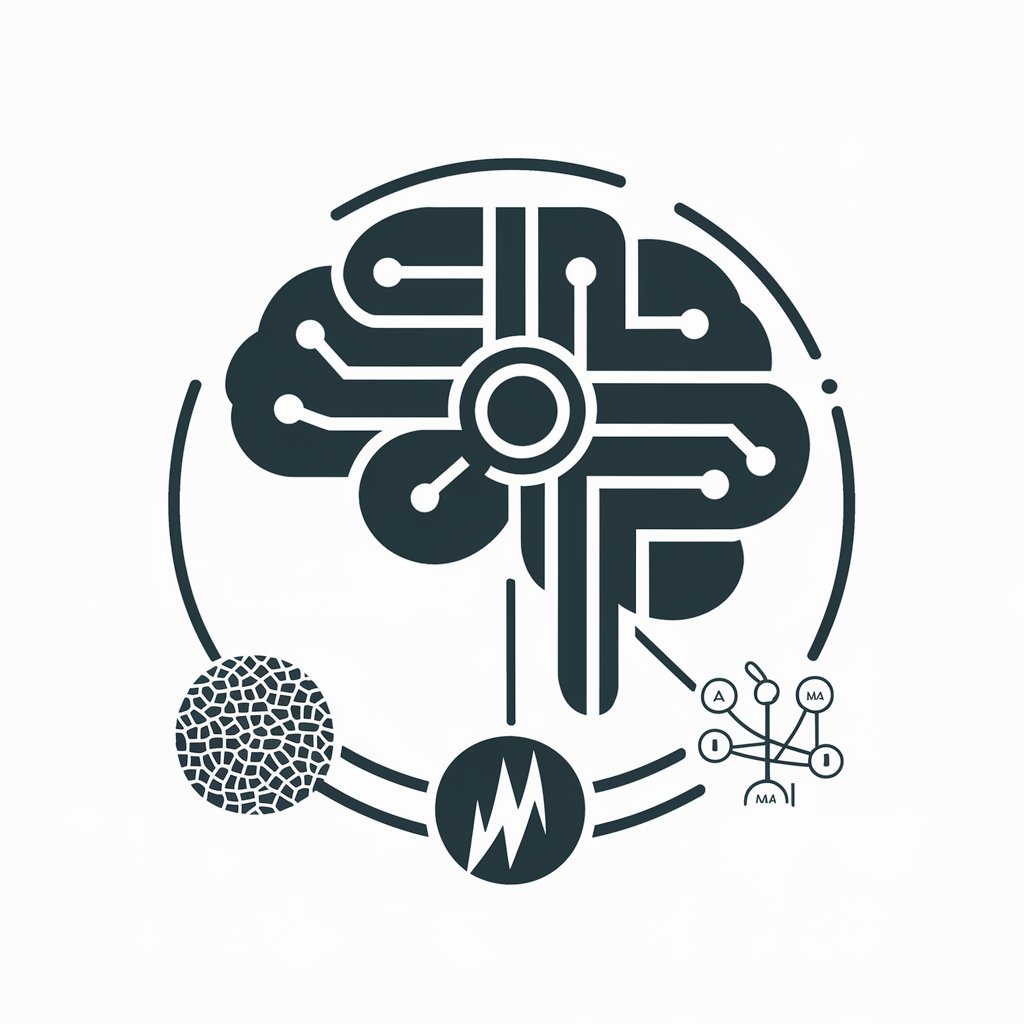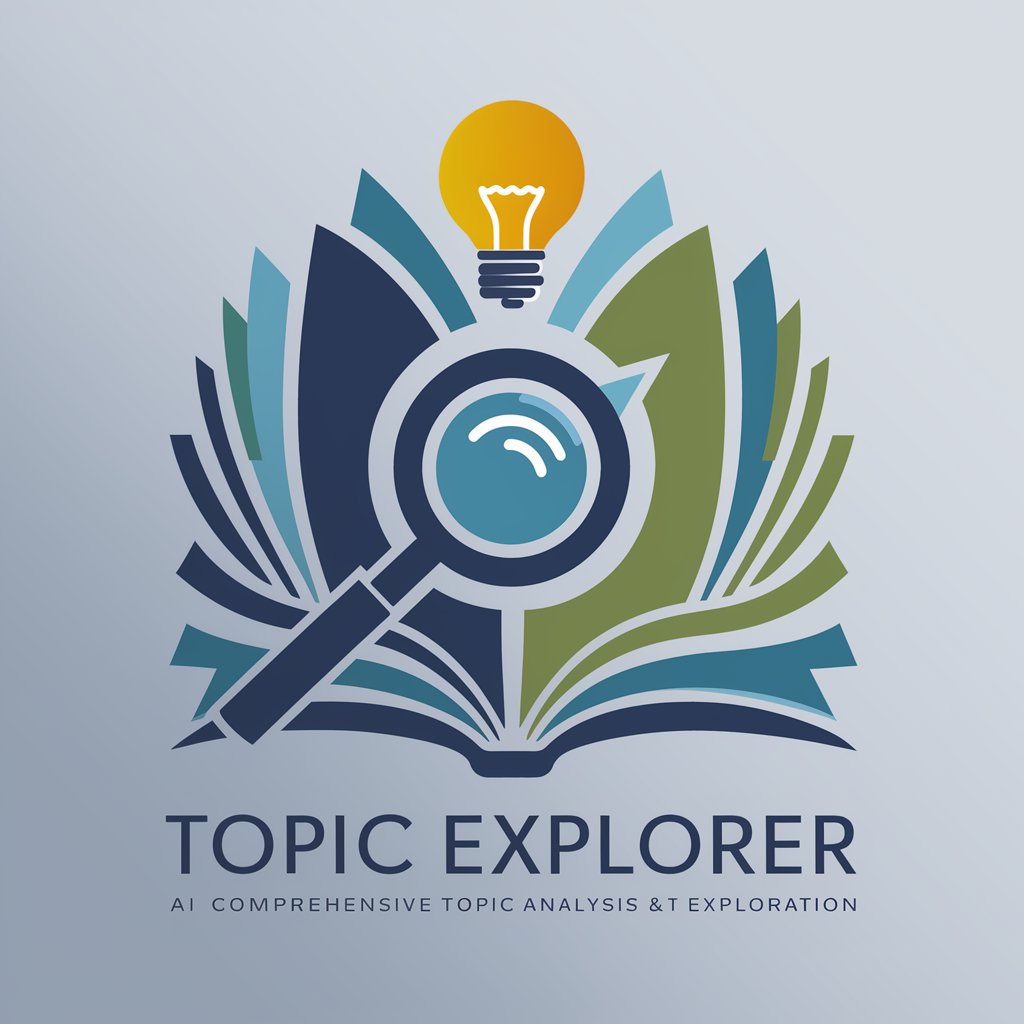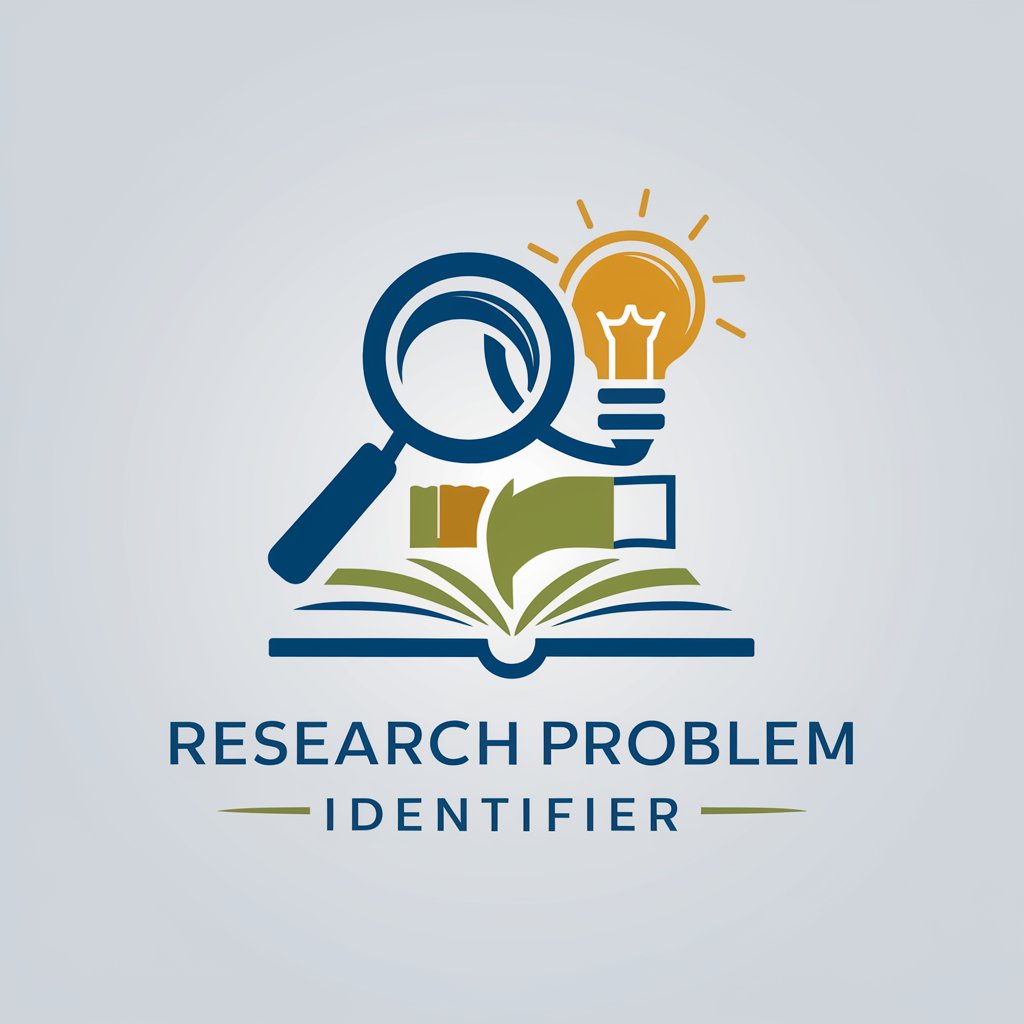
Research-Topic Identifier - AI-Powered Research Aid
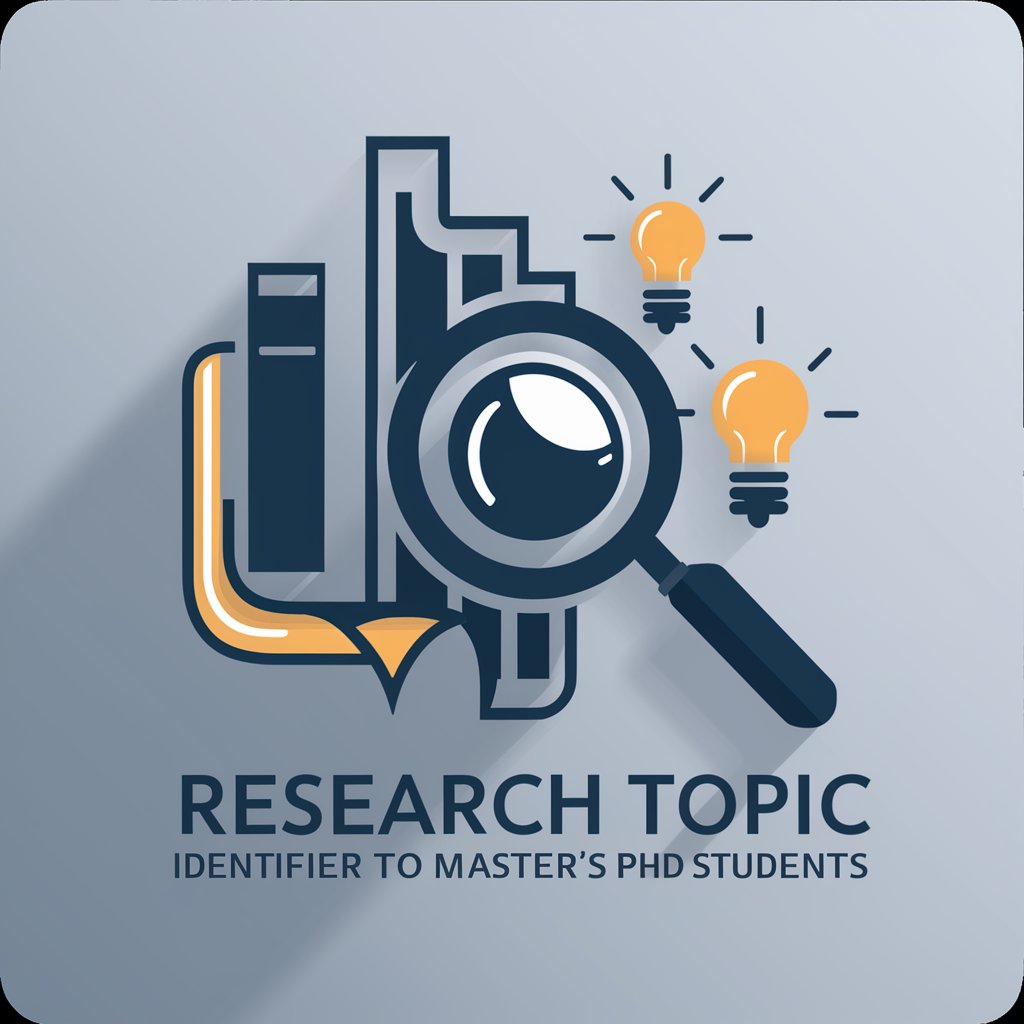
Welcome! Let's find your ideal research topic.
Streamlining Academic Research with AI
Identify pressing research problems in the field of environmental science, focusing on...
Generate potential research topics related to advancements in artificial intelligence, specifically...
Explore key challenges in healthcare management, aiming to address issues such as...
Propose research questions in the domain of sustainable energy, emphasizing...
Get Embed Code
Overview of Research-Topic Identifier
The Research-Topic Identifier is a specialized AI tool designed to assist Master's and PhD students in identifying viable and impactful research topics within their chosen fields. This tool is particularly adept at transforming vague domains of interest into concrete research problems, formatted in an academic style akin to leading research journals. By staying updated with the latest research trends, the Research-Topic Identifier ensures that the proposed topics are not only relevant but also poised to make a significant impact in their respective fields. For example, a student interested in renewable energy may receive a problem statement on the efficiency challenges of solar panels in varying climates, complete with background information, problem specifics, and a detailed research design. Powered by ChatGPT-4o。

Core Functions of Research-Topic Identifier
Problem Identification
Example
Identifying the problem of microplastic pollution in urban waterways.
Scenario
A student studying environmental science is provided with a comprehensive problem statement about microplastic pollution, detailing its sources, impacts, and the urgent need for research in this area.
Research Design Formulation
Example
Outlining a research design to investigate the social impact of AI in healthcare.
Scenario
For a student in healthcare technology, the tool designs a multi-phase research project, including qualitative and quantitative methodologies, to explore how AI is transforming patient care and the implications for healthcare professionals.
Trend Analysis and Relevance Check
Example
Assessing the latest trends in cybersecurity threats for financial institutions.
Scenario
A computer science student focusing on cybersecurity is provided with a topic centered on emerging cybersecurity threats in the financial sector, accompanied by a breakdown of recent incidents and technological advancements in threat mitigation.
Target User Groups for Research-Topic Identifier
Graduate and Doctoral Students
Students pursuing Master's or PhD degrees who are in the process of selecting a research topic will find this tool invaluable. It helps them identify unique, relevant, and impactful research areas tailored to their specific fields of study.
Academic Researchers
Academic professionals looking for new research avenues or seeking to refine their existing research questions can leverage this tool to explore emerging trends and unaddressed problems in their disciplines.
Research Advisors and Mentors
Advisors and mentors guiding students through the research topic selection process can use this tool to generate ideas and ensure the topics proposed are timely, relevant, and have a strong potential for contributing to the field.

Guidelines for Using Research-Topic Identifier
Initial Access
Visit yeschat.ai to access Research-Topic Identifier for a free trial without the need to log in or subscribe to ChatGPT Plus.
Define Your Area of Interest
Clearly specify your academic domain or area of interest. This could range from broader fields like 'Environmental Science' to more specific topics like 'Renewable Energy Technologies.'
Present Your Queries
Submit specific questions or themes within your chosen domain. For example, ask about current challenges in 'Machine Learning in Healthcare' or emerging trends in 'Sustainable Urban Development.'
Review Suggestions
Evaluate the provided research topics, including background, problem statements, and research objectives. These suggestions are tailored to your domain, ensuring relevance and academic rigor.
Utilize Research Design
Leverage the detailed research designs for each proposed objective to guide your study, from methodology to data analysis, ensuring a comprehensive research approach.
Try other advanced and practical GPTs
Detailed Pinescript Analyzer
Unlock Your Strategy's Full Potential with AI

Cinema Expert
Explore Cinema with AI-Powered Insights

西班牙语老师
Master Spanish with AI-Powered Chinese Instruction

Finance Friends
AI-powered Finance Insights

Beauty Expert
Empowering beauty decisions with AI

画像変換えもん(昭和レトロ調)
Revive the Showa era with AI

Saga Synthesizer
Transforming Complexity into Clarity

Expressionist
Master Expressions with AI-powered Mimicry

Ultimate Micro Learning Tool
Empower your skills, AI-driven learning.

Longevity Coach
Empowering your journey to longevity with AI

Debate AI
Elevating Debate Skills with AI Power
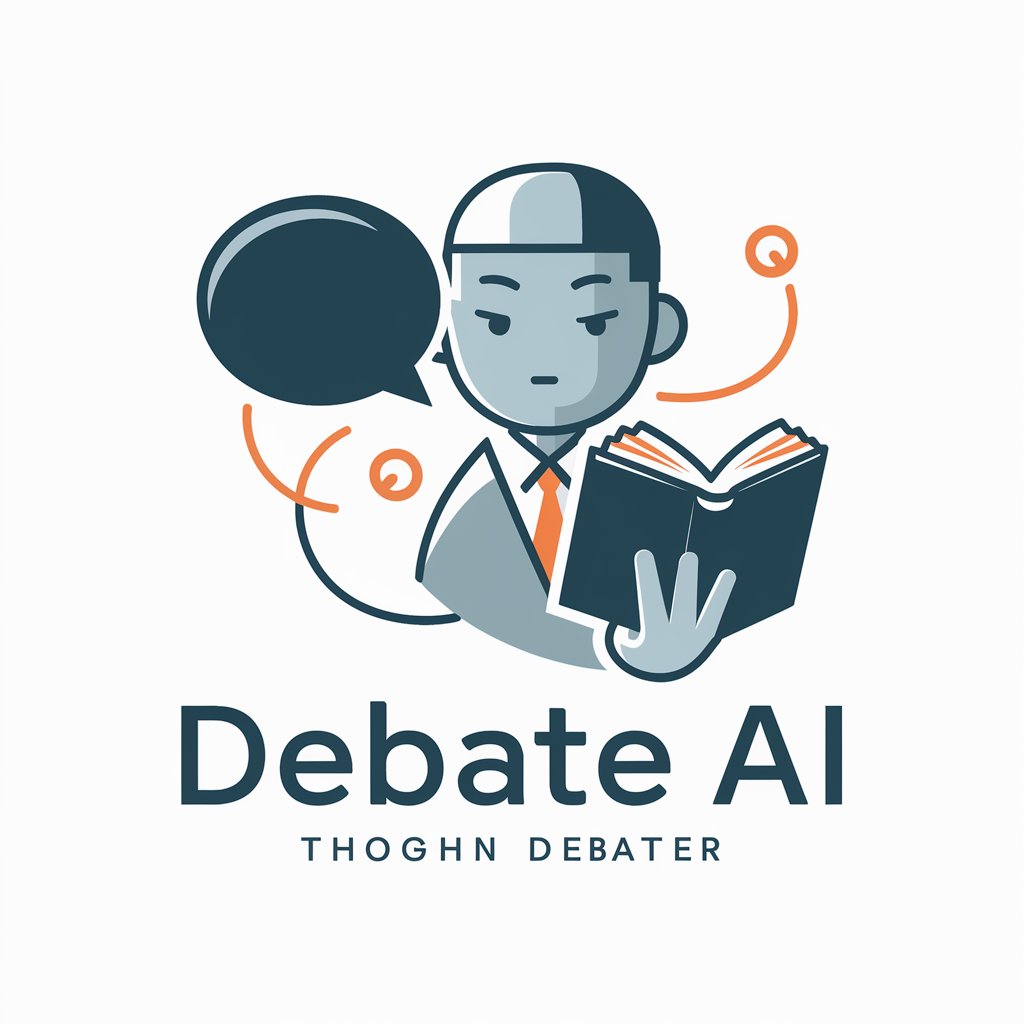
画像変換えもん(ファンタジー調)
Transforming reality into fantasy with AI

Frequently Asked Questions About Research-Topic Identifier
What is the main function of Research-Topic Identifier?
Research-Topic Identifier assists Master's and PhD students in identifying pressing research problems in their specific academic domains, providing structured research topics complete with background, problem statements, and research designs.
Can Research-Topic Identifier help with non-scientific subjects?
Yes, it's designed to cover a wide range of subjects, including humanities and social sciences, by tailoring research topics to the specific nuances and challenges of these fields.
How current are the research topics suggested by the tool?
The tool stays updated with ongoing research trends and challenges, ensuring the relevance and potential impact of the suggested topics in real-time academic discourse.
Is this tool suitable for undergraduate research projects?
While primarily aimed at Master's and PhD level research, ambitious undergraduate students can also find valuable insights and topic suggestions for their projects.
Can the tool help in formulating research hypotheses?
Yes, it can assist in forming hypotheses by providing a comprehensive background and context for each research problem, which can guide the development of informed hypotheses.
